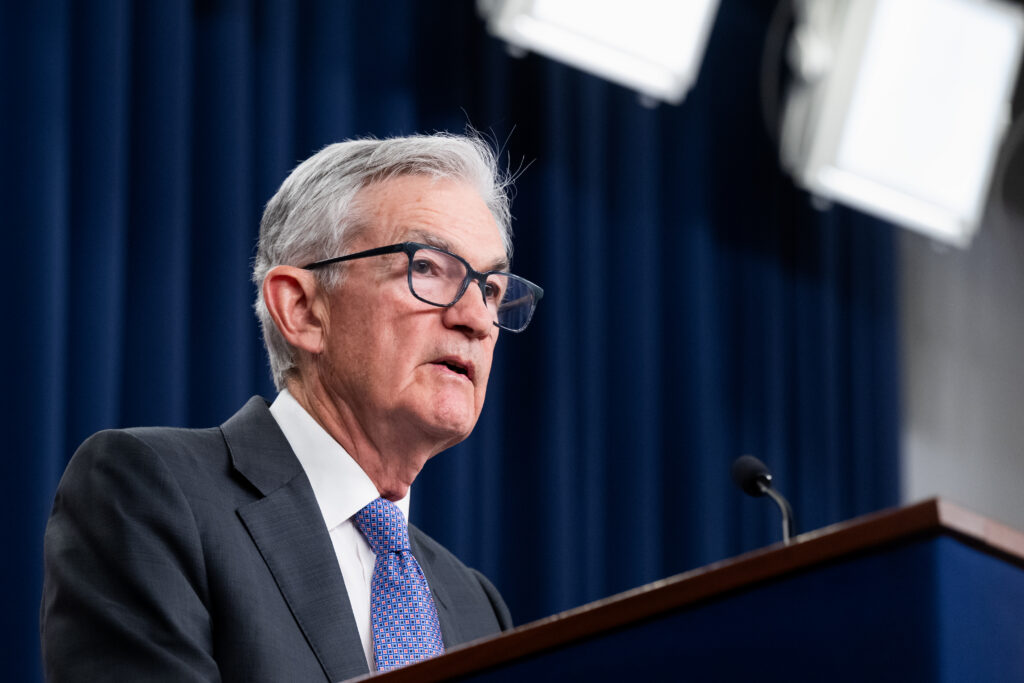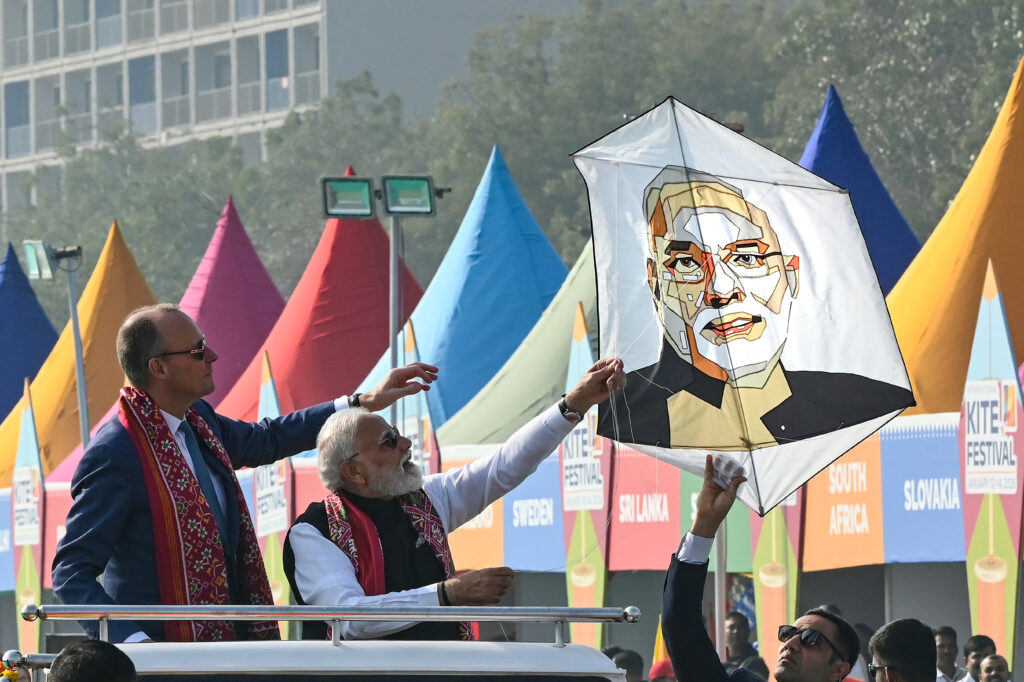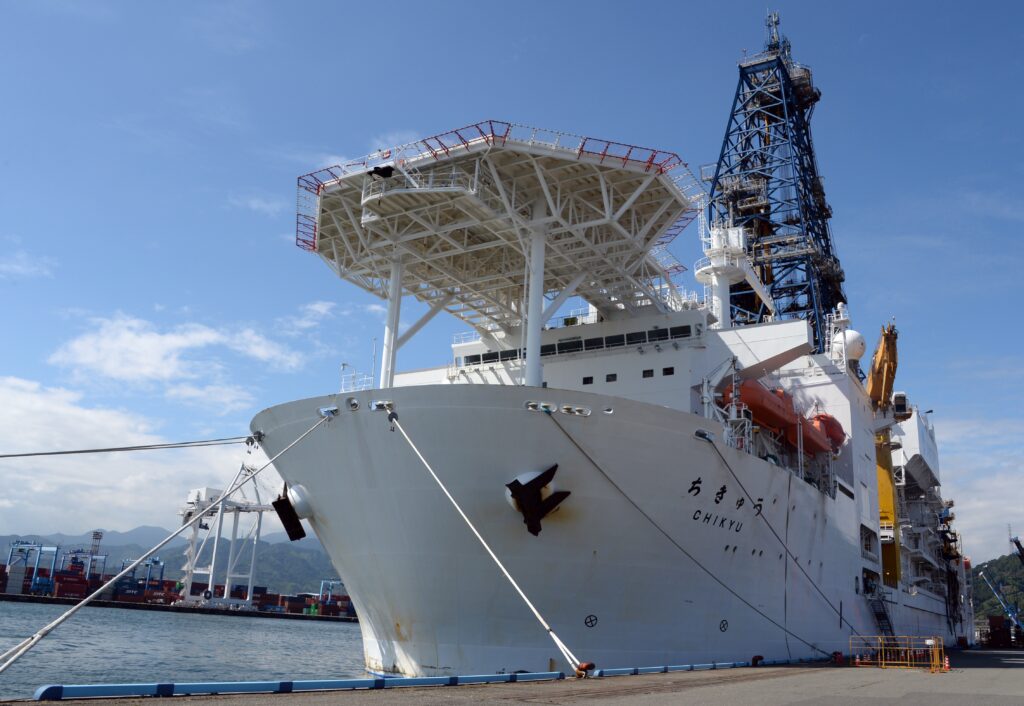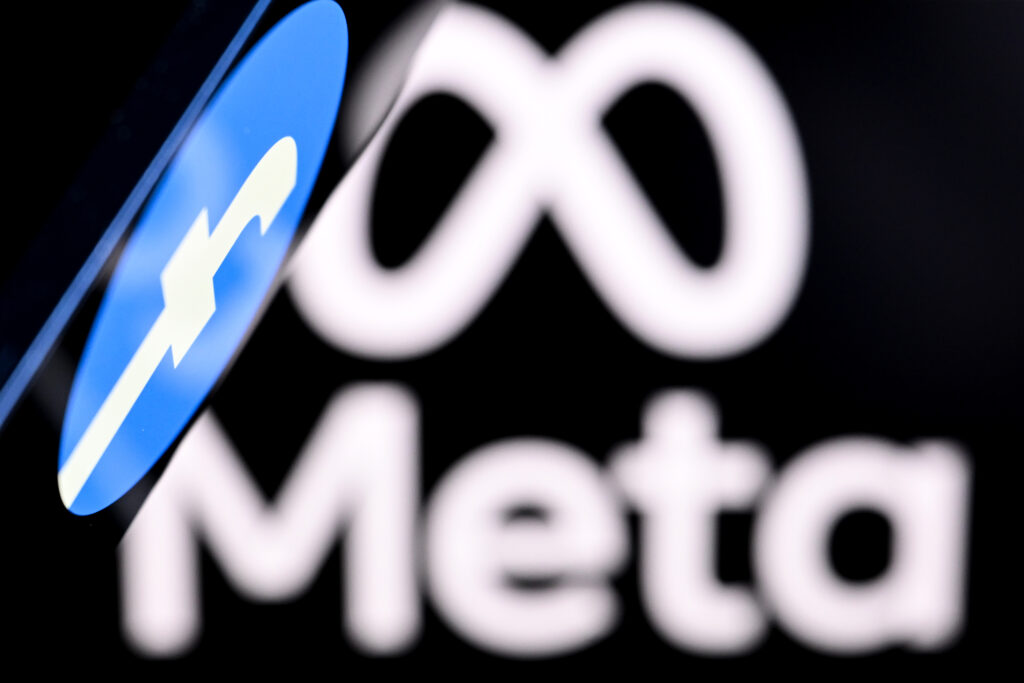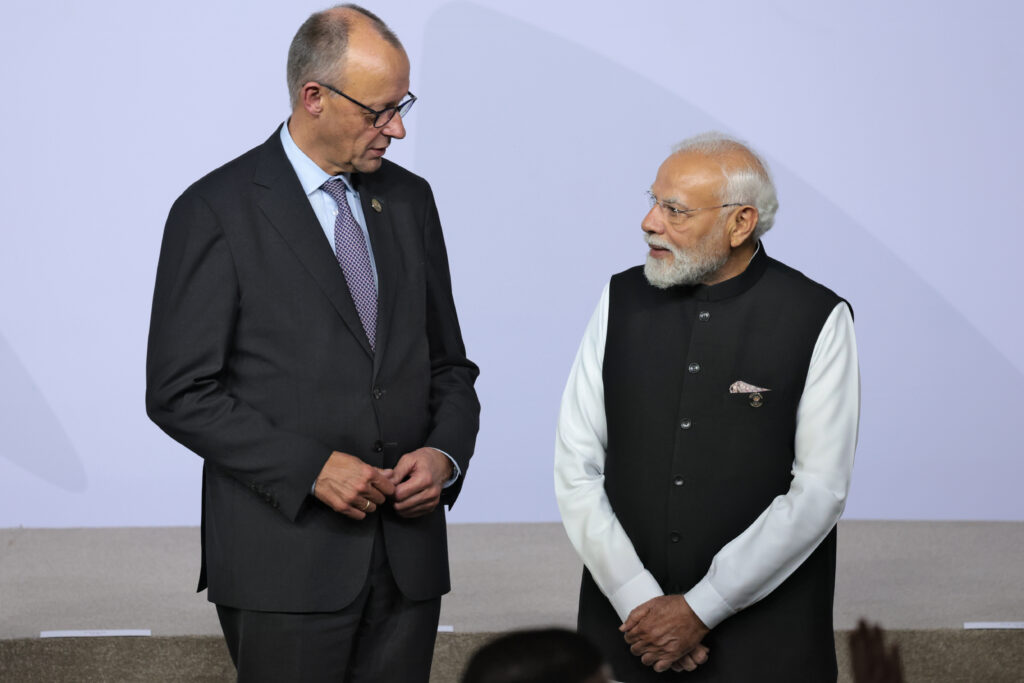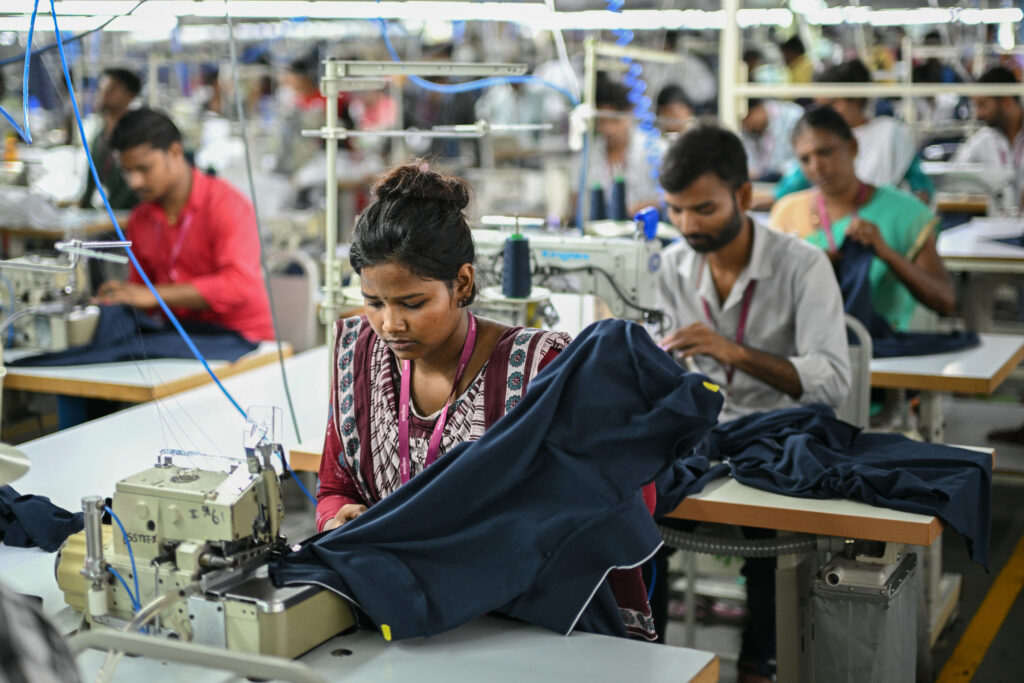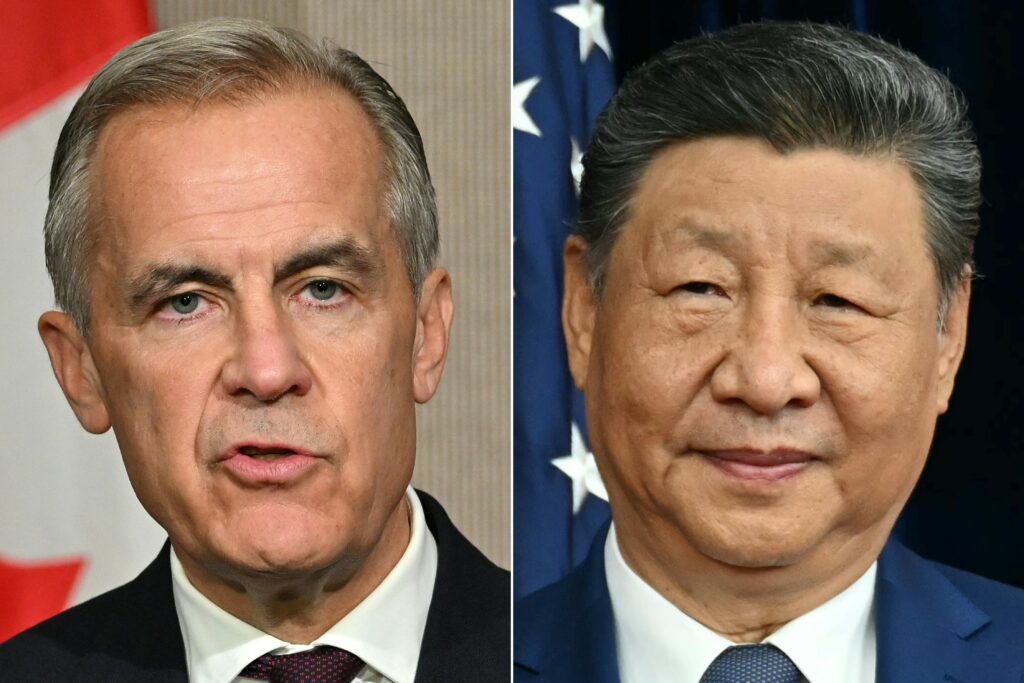Gold hits record high, dollar falls as US targets Fed
The dollar weakened and gold hit a record high Monday as investors digested news that the US Justice Department is probing the Federal Reserve, raising fears over the central bank’s independence against President Donald Trump’s push for lower rates.European stocks wavered after a strong showing in Asia, seen on the back of solid gains on Wall Street before the weekend. Fed Chair Jerome Powell confirmed the “unprecedented” subpoenas against the bank in a rare video address on Sunday, which he blasted as part of Trump’s pressure campaign for aggressive rate cuts.”The probe has unnerved markets and raised questions about what might happen to the Fed once Powell steps down in May,” said Russ Mould, investment director at AJ Bell. “There is a fear that Trump is meddling too much with policies that are meant to be set independently,” he added.Gold climbed close to $4,600 an ounce while silver approached $85 an ounce as investors sought traditional safe havens. The dollar fell against major peers, as did the price of the benchmark 10-year US Treasury bond, sending its yield slightly higher.”The threat of criminal charges is a consequence of the Federal Reserve setting interest rates based on our best assessment of what will serve the public, rather than following the preferences of the president,” Powell said in his statement.He said the bank received grand jury subpoenas on Friday related to his Senate testimony in June, which had been in part about a major renovation of Federal Reserve office buildings.The Fed has indicated it will hold interest rates steady at its next monetary policy meeting this month.The development came on the heels of Friday’s soft US jobs report that showed just 50,000 new positions in December, though the unemployment rate slipped to 4.4 percent.Asian markets advanced Monday, led by gains in Hong Kong and Shanghai and tracking Wall Street’s record close at the end of last week. Tokyo was closed for a holiday.Most stock markets have enjoyed a solid start to 2026, with indices in Frankfurt, London, Paris and Seoul hitting record highs last week, largely on optimism for the tech sector and gains in defence sector shares.Oil prices fell in volatile trading Monday as protests in Iran and the US seizure of Venezuela’s crude supplies stoke geopolitical risks.Trump said Sunday that he was considering military action against Iran following reports of hundreds of deaths during a violent crackdown on the protesters.”We’re looking at it very seriously,” Trump told reporters on Air Force One. “The military is looking at it, and we’re looking at some very strong options.”- Key figures at around 1100 GMT -London – FTSE 100: FLAT at 10,123.39 pointsParis – CAC 40: DOWN 0.2 percent at 8,342.00Frankfurt – DAX: UP 0.2 percent at 25,309.51Hong Kong – Hang Seng Index: UP 1.3 percent at 26,608.48 (close)Shanghai – Composite: UP 1.1 percent at 4,165.29 (close)Tokyo – Nikkei 225: (closed for holiday)New York – Dow: UP 0.5 percent at 49,504.07 points (close)Euro/dollar: UP at $1.1687 from $1.1635 on FridayPound/dollar: UP at $1.3470 from $1.3407Dollar/yen: DOWN at 157.85 yen from 157.88 yenEuro/pound: DOWN at 86.76 pence from 86.78 penceBrent North Sea Crude: DOWN 0.6 at $62.99 per barrelWest Texas Intermediate: DOWN 0.7 percent at $58.72 per barrel
